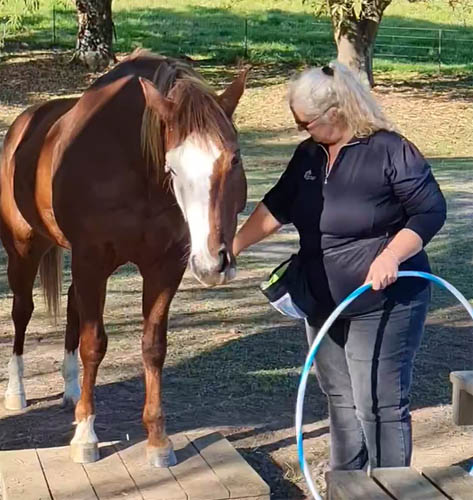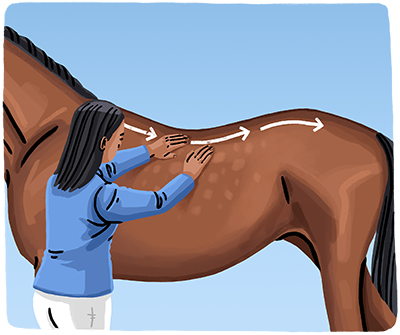How to Bond with Your Horse Quickly

Building a strong bond with your horse is essential for a rewarding and safe partnership. Whether you’re a beginner or an experienced rider, developing trust and understanding with your horse can enhance your riding experience and improve communication. Here’s a detailed guide on how to bond with your horse quickly.
Understanding Your Horse’s Behavior
Before you start bonding, it’s important to understand your horse’s natural behavior and body language. Horses are prey animals and rely heavily on non-verbal cues to communicate. Recognizing signs of comfort, stress, or curiosity can help you respond appropriately.
| Behavior Sign | Meaning | How to Respond |
|---|---|---|
| Ears forward | Alert and interested | Approach calmly, speak softly |
| Pinned ears | Annoyed or angry | Give space, avoid sudden moves |
| Relaxed posture | Comfortable and calm | Continue gentle interaction |
| Tail swishing | Irritation or discomfort | Check for causes, adjust approach |
Steps to Bond Quickly
-
Spend Quality Time: Regularly spend time with your horse outside of riding. Grooming, hand-walking, and simply being near your horse build familiarity.
-
Use Positive Reinforcement: Reward your horse with treats, praise, or gentle pats when they exhibit good behavior. This encourages trust and cooperation.
-
Be Consistent: Horses thrive on routine. Consistent handling and predictable behavior from you help your horse feel secure.
-
Communicate Calmly: Use a soft voice and slow movements to avoid startling your horse.
-
Engage in Groundwork: Exercises like leading, lunging, and obstacle courses improve communication and respect.
Practical Tips
- Always approach your horse from the front or side, never from behind.
- Learn to read your horse’s body language to anticipate their reactions.
- Keep training sessions short and positive to maintain your horse’s interest.
- Use grooming as a bonding activity; it relaxes your horse and builds trust.
FAQ
Q: How long does it take to bond with a horse?
A: Bonding time varies depending on the horse’s personality and your consistency, but noticeable progress can often be seen within a few weeks.
Q: Can I bond with a horse I don’t own?
A: Yes, spending time, being gentle, and consistent interaction can help build a bond even if the horse isn’t yours.
Q: What if my horse is fearful or aggressive?
A: Patience is key. Work with a professional trainer if needed, and focus on building trust through calm, positive experiences.
Summary Table
| Key Action | Purpose | Benefit |
|---|---|---|
| Quality Time | Build familiarity | Increased trust and comfort |
| Positive Reinforcement | Encourage good behavior | Faster learning and cooperation |
| Consistency | Provide security and predictability | Reduced anxiety and better response |
| Calm Communication | Avoid startling the horse | Safer interactions |
| Groundwork | Improve communication and respect | Stronger partnership |
By following these steps and understanding your horse’s needs, you can quickly develop a meaningful and lasting bond that enhances every aspect of your equestrian experience.
